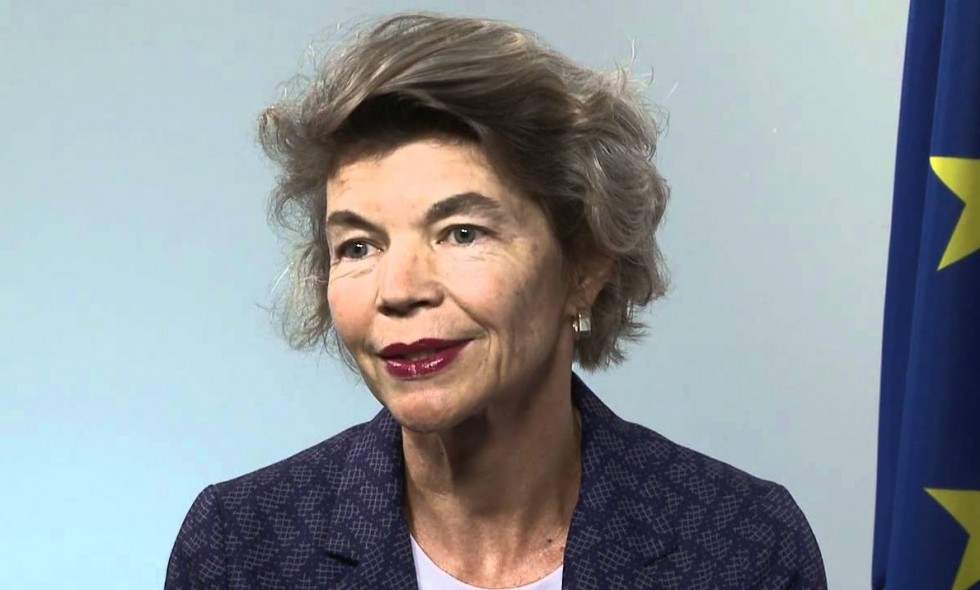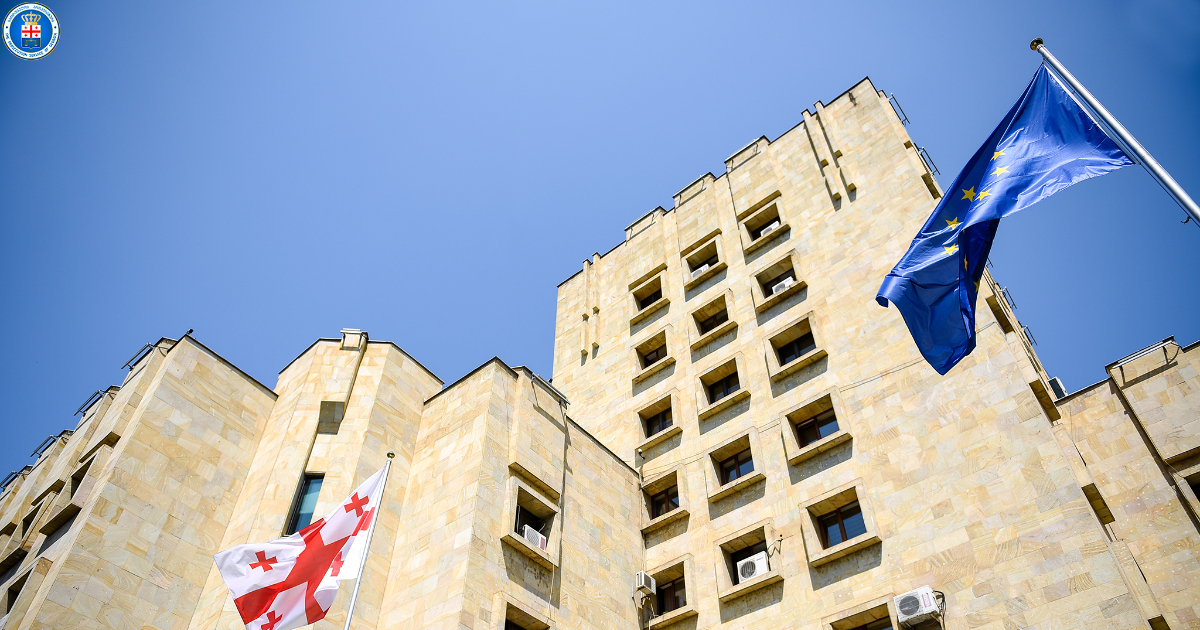Energy Union doesn’t stop at the EU border – Megan Richards

Author
Front News Georgia
Berlin: In exclusive interview for Front News we asked Megan Richards, Director of Energy Policy of European Commission’s general directorate for energy (DG ENER), to explain in detail European Commission’s position on Nord Stream 2 gas pipeline project and how it relates to general EU energy policy framework and Energy Union in particular.
FNI: Do you consider Nord Stream 2 pipeline project as feasible in current conditions?
МР: We don’t think that Nord Stream 2 is the right solution either to security of supply or diversification or decarbonisation issue. It is not part of the Energy Union policy, that we are trying to push forward. So the aspect of security of supply relates to concentration on single suppliers. The idea is to diversify sources and this doesn’t diversify sources.
FNI: What is the position of European Commission on this project now?
МР: Position from Europe is that this is not necessary for European gas supply. This is being made quite clear. The Council of ministers is looking now at the discussion about Nord Stream 2 and the mandate from the Council for the European Commission to negotiate the terms and conventions for Nord Stream 2. The position is already taken – it is not necessary for security of supply provisions, because we are trying to diversify the gas supply in Europe.
FNI: Does this mean that Nord Stream 2 project will fall under special scrutiny?
МР: As I said, the council is now looking at the mandate for European Commission to make sure that those particular specific aspects are covered clearly. We don’t think that this is a good idea, but it’s not up to the Commission to stop it. This is a private sector initiative and to the extent that there are aspects, which fall within EU regulations and legislative text with its provisions, we will make sure that our Energy Union provisions apply.
FNI: Speaking about Energy Union, are its provisions relevant for countries like Ukraine and others in Eastern Partnership?
МР: Energy Union doesn’t stop at the EU border. We want to make sure that these good regulatory practices are extend to our neighbors, we want to make sure that we have good relations with these neighbors, good energy relations.
FNI: What is your outlook for energy sector reforms in Eastern Partnership countries?
МР: I think there is progress being made. We had a meeting with Eastern Partnership last week in Brussels, which was very successful. This doesn’t mean that they agree with everything we say, obviously. But some countries are more enthusiastic then others, given the nature of the countries. Soon we will be meeting the High Level Group of the Energy Community (panel of energy ministers of the parties to the Energy Community Treaty, which includes Ukraine and Georgia – FNI) to discuss the treaty and ways in which we need to further improve it and the whole series of other issues.
FNI: Do you consider Energy Union as a peace project?
МР: I think in some way it is a peace project. It brings countries together, it is driving forward good Paris Agreement goals, its making our economy stronger, developing new jobs – these are good things. It is the future. Energy Union brings communities of Europeans together, it gives more power to consumers, it makes sure that member states work together. Those are all elements of the peace project. European Union itself is a peace project, and very successful one.
***
The Energy Union is an initiative of the EU for creation of a single energy market and the unification of all energy systems of European countries. The foundations for its creation were laid in EU framework for energy and climate for 2030, as well as an energy security strategy.
On November 30, 2016, the European Commission presented a new package of legislation and regulatory measures “Clean Energy for All Europeans”, aimed at ensuring the transition to renewable energy sources and improving competitiveness of the European Union in the rapidly changing global energy markets. Particular attention is paid to encouraging the decentralization of energy and involvement of citizens, cooperatives and local initiatives in energy efficiency projects and development of renewable energy sources.
The Nord Stream-2 project, which is promoted by consortium Nord Stream 2 AG, which includes Russian Gazprom, Austrian OMV and number of other European companies, presumes construction of two gas pipeline strings, with a total capacity of 55 billion cubic meters of gas a year, from the Russian coast under the Baltic Sea to Germany.
Tags:





